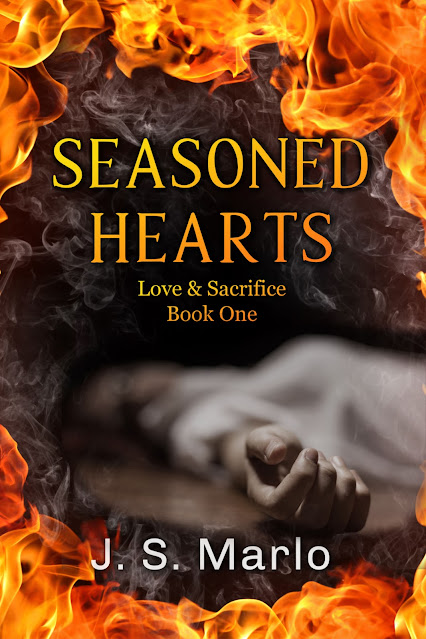As a child, we had two mechanical typewriters in the house: a 'modern' blue one and a vintage black one that my father restored.
I learned to type on the blue typewriter, first with one finger, then two, then with most of them in a very un-elegant and un-professional way. To be honest, I still can't type LOL
It was a good little typewriter. It had a black ribbon that needed changing from time to time, and a correction ribbon. If I had typed the wrong letter, I could go back, erase it, then type the right letter. The correction tape didn't help much if I made a mistake in the first sentence and only realized it at the bottom of the page--and it didn't help at all if I had already removed the sheet of paper from the roller. There was no way to completely realign a sheet of paper once it was out. Trust me, I tried.
Having to retype the same page more than once, or more than half a dozen times for me, was annoying, but that was the way it was. The most annoying thing was actually the keys jamming together. It happened every time I pressed two adjacent ones quickly one after the other, or pressed a key but also pressed its neighbour by accident b/c my finger was off to the side. I then had to stop and unstick them with my fingers. Sometimes, they were really stuck together, then I would get black ink on the tip of my fingers... just annoying.
I never questioned why the keys were where they were and why the letters weren't in alphabetical order--until a few months ago. As long as the typewriter worked, I didn't care, but I have to admit it would have been easier to find the right letters if they had been in a logical order.
So what made me google typewriters and keys? My seven-year old granddaughter when she complained about not finding the letters on my laptop when she tried to write something. "Why aren't they in ABC order, Grand-maman? That would be so much easier."
The first typewriters were invented in early 1700s. They had various keyboards, some of which had the letters in alphabetical order. A common problem was the keys jamming together. The solution to reduce the jamming was to put the most common letters far apart.
In the late 1800s, Christopher Latham Sholes, the inventor of the first modern typewriter, came up with the QWERTY layout.
QWERTY (pronounced KWEHR-tee) refers to the first six letter on the upper row of the keyboard. Some said the layout sped up typing, but other argued the opposite. I'm guessing it depends on the typist.
I get that not having to retrain anyone is a huge advantage, but I also get my granddaughter's point.
As for me, I was typing in French on my little blue typewriter, so QWERTY wasn't the best suited layout to keep the most common French letters apart, which was probably why I had so many jamming problems.
My laptop has an English QWERTY keyboard, and we get along very well.
Happy Reading & Stay Safe!
JS




















